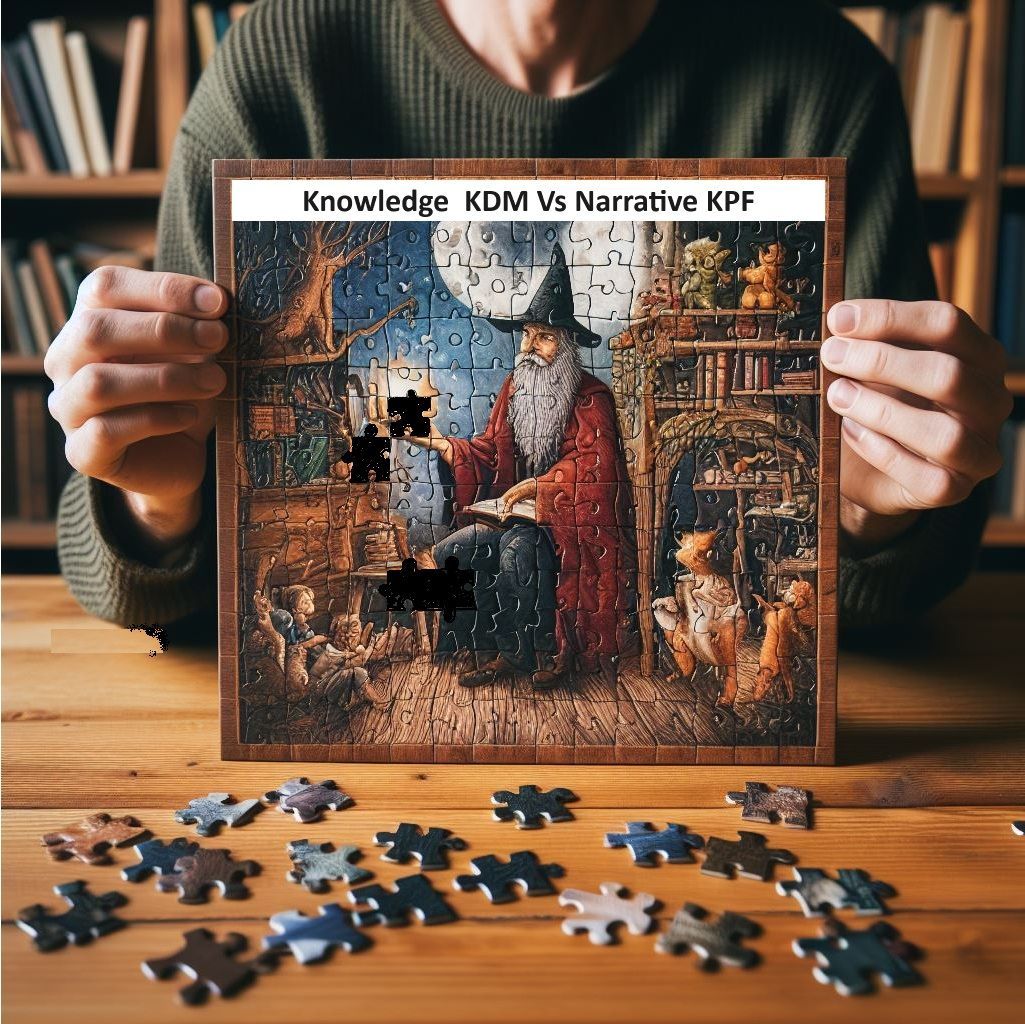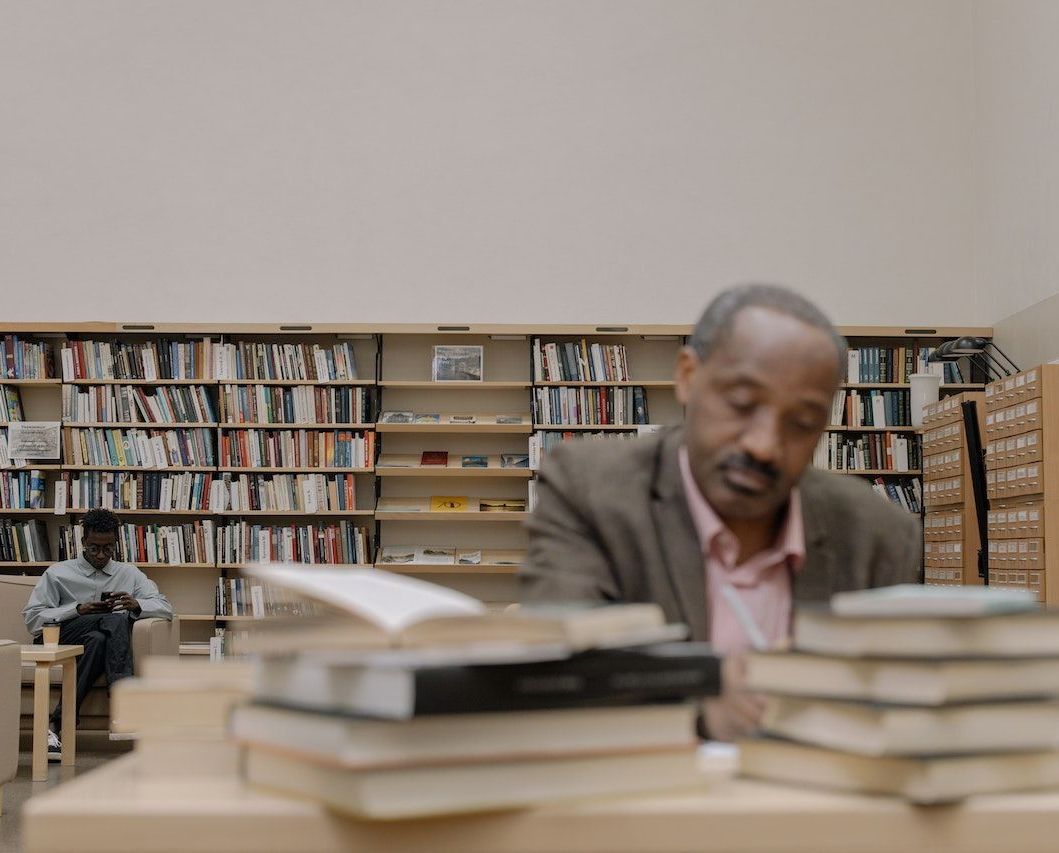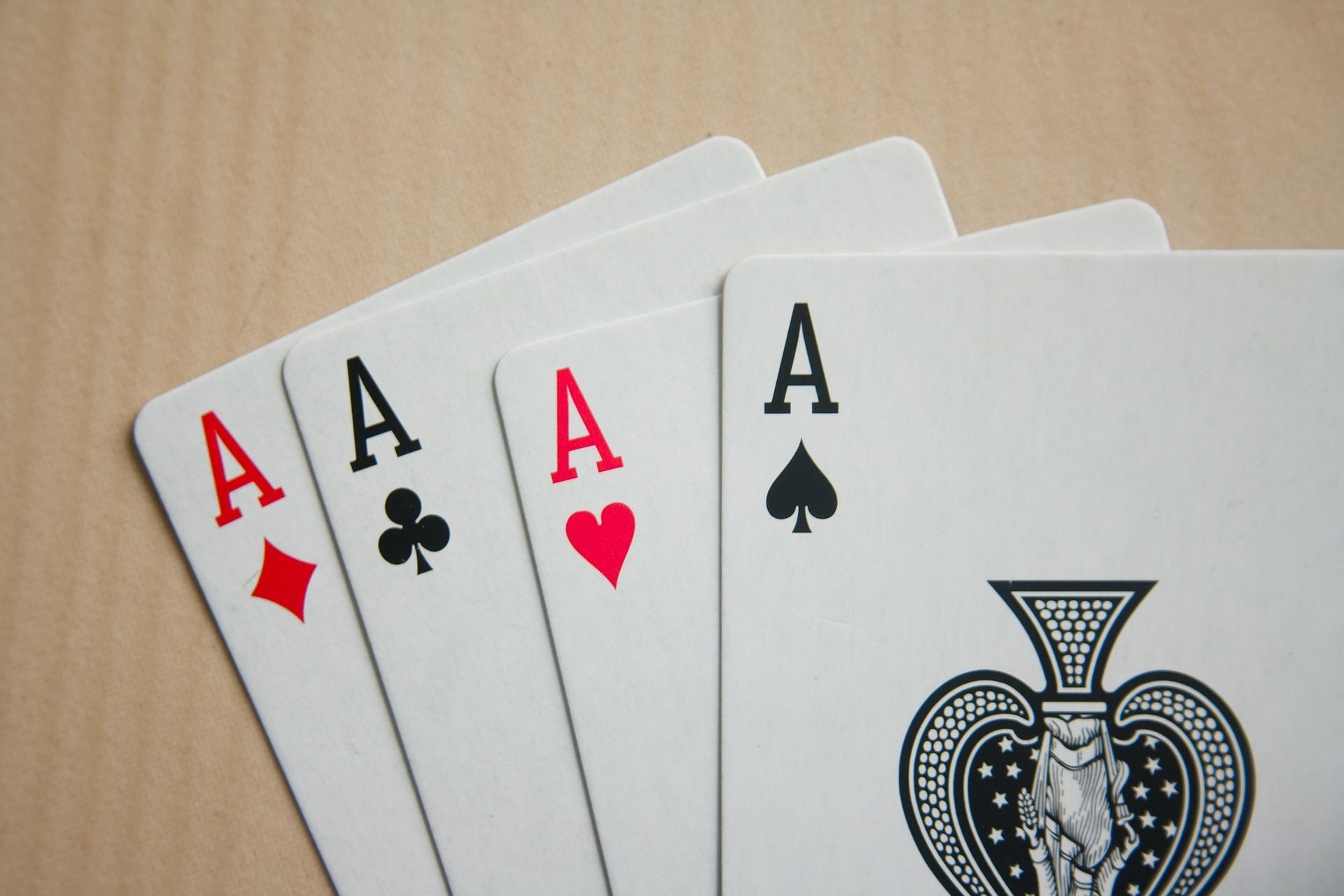Why Doublethink is good for you.
Why George Orwell (who was a genius) got doublethink wrong

Doubt and Doublethink
To be good at thinking we need accept that any valid answer might still be wrong. At the same time, we must act as if the current answer is correct. In the book “1984” George Orwell called this ‘doublethink’ and said it was to be avoided. In reality, it is very commonplace and essential.
A little bit of science will tell us that a page is made up of atoms, a complex collection of vibrating particles, and has more space than mass. However, we can deal with it effectively as one simple object. The world is full of such ambiguity.
- We conceive of money as a physical thing with a reliable value. In reality it is a social contract with a solid value that is based on nothing more than belief and trust.
- We think of ‘WiFi’ as internet connectivity to mostly free stuff. Really it is one step in a chain of capabilities, both technical and commercial, which are integrated by written and unwritten agreements between millions of people to give us access to information which in turn is gathered and presented by means of another complicated web of co-operation and co-dependencies.
- We think of ourselves as an individual thinking creature. At the same time as we can zoom out to see ourselves as one element in a social whole of family, of nation, or of humanity. If we zoom in, we are only about 50% human. The other 50% of our cells is made up of bacteria and microbes. I am a system, not an individual, the total genes in my bugs’ genomes amount to perhaps 100 times the number in my human genome.
To keep it simple I am pragmatic, I might feed my bugs with pro-biotic yoghurt, and pay my taxes for the sake of the nation, but I will still act and decide on the basis there is only one of me and I get to decide things.
“The test of a first-rate intelligence is the ability to hold two opposed ideas
in the mind at the same time, and still retain the ability to function.”
F. Scott Fitzgerald - Author.
This double-thinking ability goes un-noticed but it is one of the many ways we pragmatically get through the complexity of life. Just like breathing, it can seem a little odd if you focus your attention on it. When we start to examine our thinking processes this uncertainty becomes evident. Thinking is simultaneously made up of complicated collections of thinking patterns, and is a single process that support the decisions that we make and the actions that follow.
The double-thinking sensation can be exhilarating or stressful, or it may alternate between the two (psychologists call it ‘cognitive dissonance’). The reaction varies with the individual and with the context. The reason why people respond in different ways to this dissonance is a whole new subject for another day.
Bottom line: The capacity to consciously process our, usually invisible, double-thinking is necessary for good thinking. It requires us to be pragmatic as well as both reasonable and rational. The good news is we do this double-thinking already, and we do it a lot. The truth is that we just need to become aware of this ability and focus on it until we understand it well enough to be able to forget it again. A bit like working on your golf swing or learning to play the piano.



